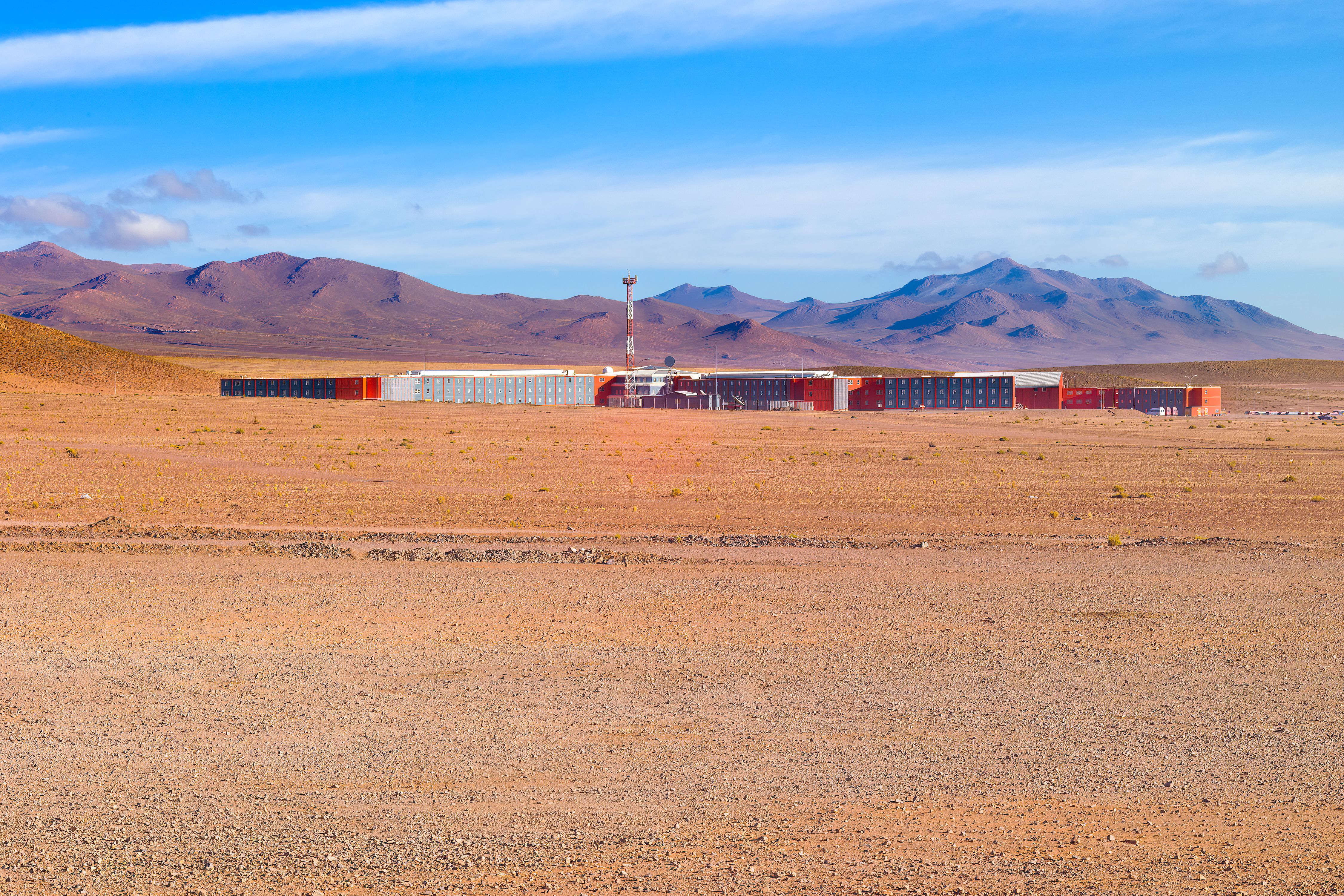Sustainable Catering Solutions for Off-Grid Mining Camps
Understanding the Need for Sustainable Catering in Remote Areas
Off-grid mining camps often face unique challenges, particularly when it comes to providing nutritious and sustainable meals for their workforce. With limited access to fresh ingredients and the need for efficient resource management, these camps must innovate to ensure quality catering solutions.
Traditional catering methods may not be feasible or environmentally friendly in such isolated settings. Therefore, implementing sustainable catering solutions is not only beneficial for the environment but also enhances the well-being of workers, who rely heavily on these services for their daily sustenance.

Local Sourcing and Seasonal Menus
One effective strategy is to focus on local sourcing and creating menus based on seasonal availability. This approach reduces the carbon footprint associated with transporting food over long distances. By collaborating with nearby farms or suppliers, mining camps can access fresher produce while supporting local economies.
Seasonal menus also allow catering teams to be creative with their offerings, ensuring that meals are both diverse and aligned with sustainable practices. This not only helps in reducing waste but also keeps the workforce engaged and satisfied with their dietary options.
Leveraging Technology for Efficiency
Advancements in technology have paved the way for more efficient catering solutions in remote locations. Solar-powered refrigeration units and energy-efficient cooking appliances are becoming increasingly popular in off-grid settings. These technologies help reduce reliance on fossil fuels and lower operational costs, making them a practical choice for mining camps.

Waste Management and Composting
Effective waste management is crucial for sustainable catering. Implementing waste segregation practices and encouraging composting can significantly reduce the amount of waste sent to landfills. By introducing composting systems, camps can turn organic waste into valuable compost, which can be used to grow herbs or vegetables on-site.
Moreover, educating staff on proper waste disposal and recycling practices can foster a culture of sustainability within the camp, ensuring that everyone plays a part in maintaining an eco-friendly environment.
Innovative Meal Planning
Innovative meal planning is another key component of sustainable catering. By adopting a plant-based approach, camps can reduce their environmental impact while providing nutritious meals. Plant-based diets typically require fewer resources and produce less greenhouse gas emissions compared to meat-heavy diets.

The Role of Training and Education
Investing in training and education is essential to ensure that staff are well-equipped to implement sustainable practices. By providing regular workshops and seminars, catering teams can stay updated on the latest sustainability trends and techniques.
This not only empowers staff but also enhances the overall efficiency and effectiveness of the catering services provided. An informed workforce is more likely to embrace and champion sustainable initiatives, leading to long-term success.
Collaborative Efforts for Greater Impact
Sustainable catering solutions require a collaborative effort between various stakeholders, including camp management, catering providers, and local communities. By working together, these groups can share resources, knowledge, and best practices to achieve common sustainability goals.
Such collaborations can lead to innovative solutions and create a more resilient system that benefits everyone involved, from workers and suppliers to the environment itself.
A Step Towards a Greener Future
Implementing sustainable catering solutions in off-grid mining camps is a significant step towards a greener future. By prioritizing local sourcing, leveraging technology, managing waste effectively, and fostering collaboration, mining camps can significantly reduce their environmental impact while improving the quality of life for their workers.
As more camps adopt these practices, they set a standard for others to follow, demonstrating that sustainability is not only achievable but also beneficial in remote settings.

